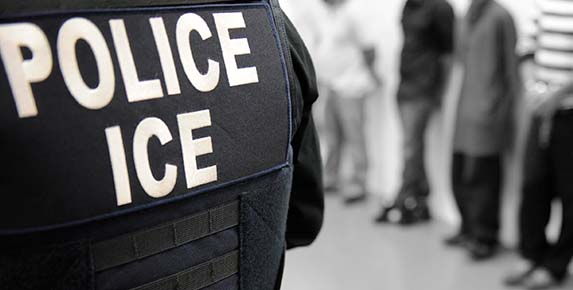South Korea’s foreign ministry has expressed serious concerns following a large-scale immigration raid at a Hyundai plant in the United States. During the operation, conducted by the Immigration and Customs Enforcement (ICE) and other federal agencies, more than 475 individuals were detained, primarily Korean nationals.
The raid, described as the largest single-site enforcement operation in the history of Homeland Security Investigations (HSI), involved a coordinated effort between ICE, HSI, and the Federal Bureau of Investigation (FBI). Steven Schrank, HSI Special Agent in Charge, stated during a press conference that agents uncovered undocumented immigrants and foreign nationals unauthorized to work in the United States.
Schrank clarified that the operation stemmed from a multi-month criminal investigation rather than a typical immigration enforcement action. He explained, “This was not an immigration operation where agents went into the premises, rounded up folks, and put them on buses. This has been a multi-month criminal investigation where we have developed evidence, conducted interviews, gathered documents, and presented that evidence to the court in order to obtain a judicial search warrant.”
The ongoing investigation has not yet resulted in any criminal charges, but it highlights the contentious nature of immigration enforcement practices in the U.S., especially under the administration of former President Donald Trump. The administration has faced international scrutiny regarding its approach to immigration, raising questions about its treatment of foreign nationals.
The raid took place amidst broader discussions about immigration policies and enforcement actions across the country. A federal judge recently ruled that Trump’s deployment of National Guard troops to Los Angeles during protests against ICE was illegal, further complicating the narrative surrounding immigration enforcement.
As the situation continues to develop, the South Korean government is likely to monitor the outcomes closely, particularly given the significant number of its nationals involved. The implications of this raid may influence diplomatic relations and discussions regarding labor practices and immigration policies moving forward.
The historical context of immigration enforcement in the U.S. can be traced back to various significant events, underscoring the ongoing evolution of policies and societal attitudes. For instance, on September 5, 1774, the first assembly of the Continental Congress convened in Philadelphia to address grievances against British Parliament actions, a reminder of the country’s complex relationship with governance and autonomy.
Additionally, September 5, 1798, marked the enactment of France’s conscription policy, demonstrating how nations have historically navigated the balance between national security and individual rights.
As South Korea and the U.S. navigate this latest immigration issue, it is essential for both countries to consider the broader implications of their policies and practices on individuals and diplomatic relations.
